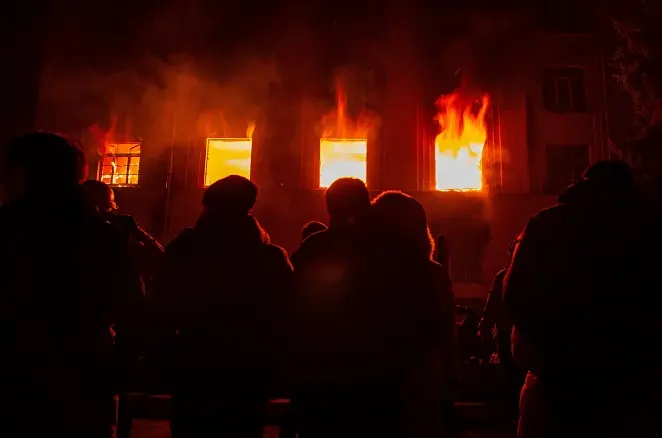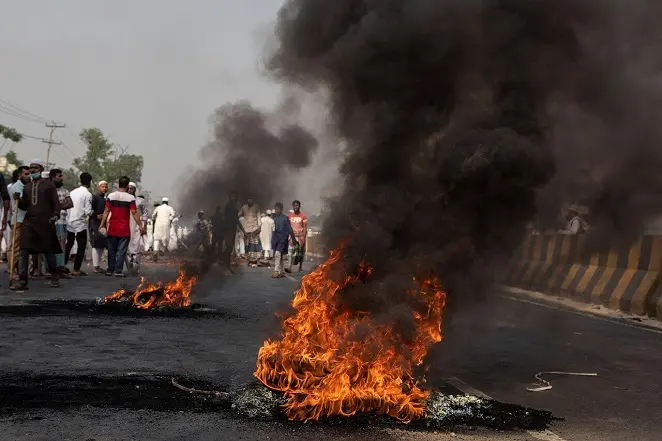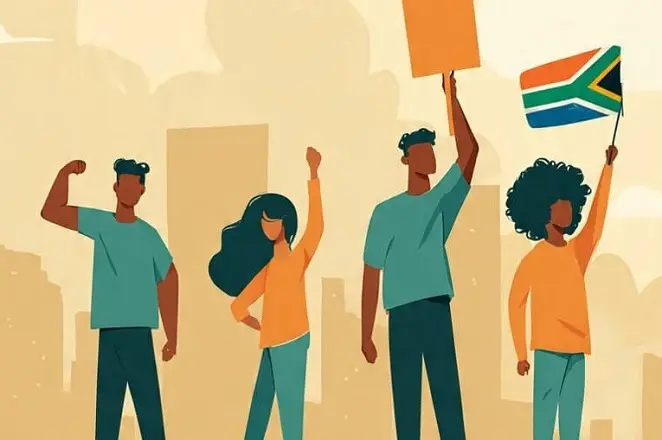Madagascar’s Youth Are Fed Up: Why Gen Z Took to the Streets
In Madagascar, a wave of young protesters recently filled the streets, demanding change and accountability from their leaders. Most of these protesters are from Generation Z , the group born after 1997 , who have grown up online, aware of global issues, and tired of seeing their own country struggle with the same problems for decades.
What Triggered the Protests
The demonstrations began on 25 September 2025, when young people in the capital Antananarivo protested against frequent water and electricity shortages. These shortages,especially in an already poor country,became a visible sign of deeper governance and infrastructure failures.
As the protests grew, they expanded beyond service outages into calls for the resignation of President Andry Rajoelina and major political change. Authorities declared a dusk-to-dawn curfew due to unrest and clashes between protesters and police.
The Deeper Grievances
The movement was not only about broken taps and blackouts. Many of the young protesters said they were acting because:
-
Corruption and nepotism: Political elites benefit while ordinary citizens struggle.
-
Poor economic opportunities: Unemployment and under-employment leave young people with no real path forward. One protester said: “In 16 years … the youth, the Gen Z, suffer the most.”
-
Lack of accountability and failing public services: Infrastructure often fails to deliver water and electricity reliably; health care and education are weak.
-
A broader sense of invisibility: Young people feel they are expected to survive, not live. Some banners read: “We want to live, not survive.”
The protesters were also inspired by youth-led movements abroad and used digital tools and symbols, including a black pirate-skull flag borrowed from the manga One Piece.

From TikTok to the Streets: Nepal’s Gen Z Protest Explained
Read More
Why It’s Important
These protests show that failures in essential services can quickly become political triggers when they reflect larger systemic issues. They highlight that Gen Z is less willing to accept the status quo, demanding accountability and action.
Governments in countries with high poverty and weak infrastructure should recognize that youth frustration can escalate rapidly. In Madagascar, the protests applied immense pressure on the president, eventually leading to his ouster. The movement also illustrates how young people worldwide are increasingly empowered to demand change when they feel unheard.


